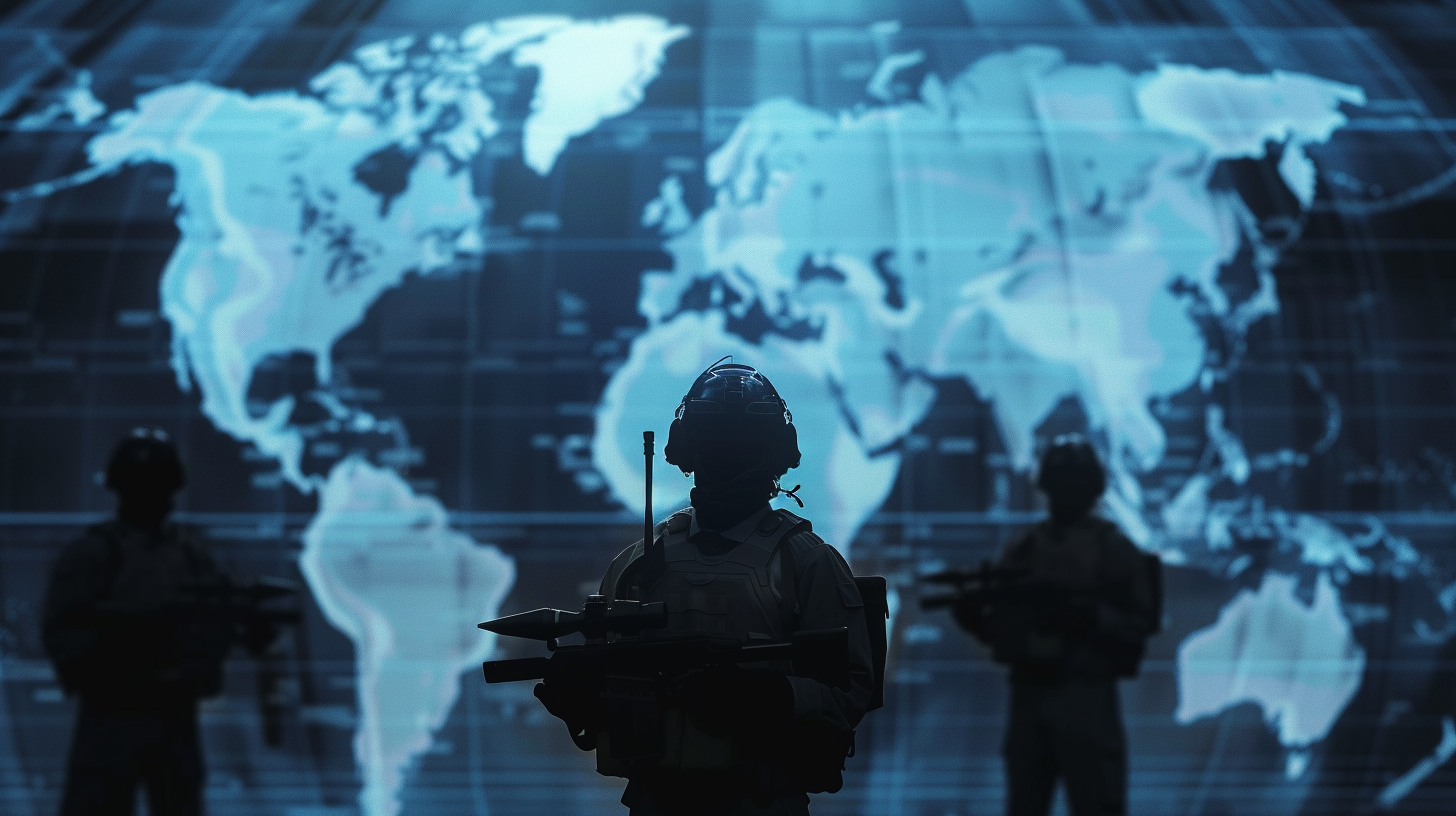Experts Warn of Potential Links Between Southern Thai Insurgents and International Terror Networks
JERUSALEM: Foreign security analysts are raising alarms over the potential collaboration between insurgent factions in Thailand’s deep South and global terrorist organizations. At a security and terrorist forum held in Jerusalem, Jonathan Spyer, a senior research fellow at the Global Research in International Affairs (Gloria) Centre, highlighted efforts by international terror groups to establish connections with counterparts in Southeast Asia, including those operating in Thailand’s restive southern provinces.
While direct ties between Thailand’s southern insurgents and groups like al-Qaeda have not been confirmed, Spyer emphasized the ongoing attempts by al-Qaeda to strengthen its relationships with Southeast Asian militants. He cautioned against underestimating the solidarity among these groups, driven by a shared Islamic identity and commitment to a global jihad.
Spyer also proposed that Thailand consider measures such as the partial implementation of Sharia law and the official recognition of ethnic languages as strategies to engage with the insurgents.
The discussion further revealed established connections between al-Qaeda and Jemaah Islamiyah (JI), a Southeast Asian terror organization implicated in the 2002 Bali bombings. JI’s connections extend to Hambali, a key figure arrested in Thailand for his involvement in the 9/11 attacks, and to Abu Sayaff, a Philippine-based Islamist separatist group with historical ties to Bin Laden’s network and suspected collaboration with Hamas.
James Busis, director of the Asia-Pacific Institute at the American-Jewish Committee, underscored the role of modern communication technologies in facilitating these international linkages, suggesting that ideological alignment today could evolve into operational networks tomorrow.
Amidst these concerns, Supong Limtanakool, vice-president of external affairs at Bangkok University, expressed hope that foreign entities would remain detached from Thailand’s southern conflict to prevent an escalation of violence.
An official from the Israeli foreign ministry also pointed out the risk of Thailand’s insurgent groups seeking to collaborate with JI and other regional terrorists, further complicating the security landscape in Southeast Asia and beyond.
Thoughts
Ah, the never-ending saga of linking Thailand’s southern troubles to the grand stage of global terrorism. It seems like every so often, some ‘expert’ emerges from the woodwork, trying to draw lines between the local insurgents and the likes of JI and Al-Qaeda. Despite the feverish attempts, the concrete evidence for such connections remains as elusive as a politician’s promise—mostly anecdotal whispers and wishful thinking.
Now, we’ve got the latest hot take from the Global Research in International Affairs (Gloria) Centre and the Asia-Pacific Institute from the American-Jewish Committee, suggesting that these links are not just possible but impending. Before we get carried away, let’s remember where these pearls of wisdom are coming from. Hailing from the land of neo-conservative dreams, these insights are marinated in the same world view that gave us the ‘War on Terror’ as a catch-all solution to complex geopolitical issues.
Remember the good old days of Bush, Cheney, and company? Those were the times when Southeast Asia was eagerly branded as the ‘second front’ in this so-called global war on terror. It was a simpler era when any local conflict involving Muslims could conveniently be chalked up to a sinister global rise in Islamic fundamentalism. Never mind the nuanced local dynamics or historical grievances; if it looks like a terrorist and prays like a terrorist, it must be part of the global jihad, right?
And here we are again, possibly witnessing a resurgence of efforts to fit Thailand’s southern insurgency into this oversimplified, fear-mongering narrative. The Bangkok Post, ever so helpful, doesn’t hesitate to amplify these speculations, serving them up without a hint of skepticism, critique, or an attempt to understand the deeper context. Why bother with journalistic integrity when you can regurgitate the musings of neo-cons gone by, right?
So, as we brace ourselves for this “renewed push” to categorize the southern conflict within this problematic framework, let’s not forget to take these expert opinions with a healthy dose of cynicism. After all, in the realm of geopolitics, it seems the more things change, the more the narrative stays disappointingly the same.




